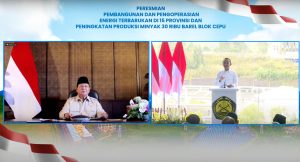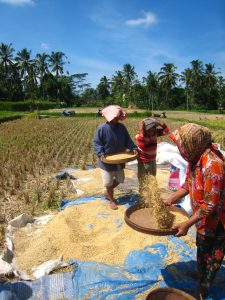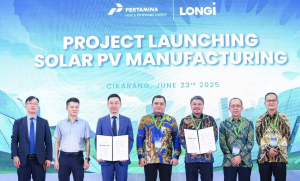Jakarta – The government has established the Nuclear Energy Program Implementation Committee (KP2EN) to strengthen strategic steps towards using nuclear energy, according to the Secretary General of the National Energy Council (DEN), Andi Nusa Putra.
He said the committee will be the main pillar in ensuring that the target of operationalising Nuclear Power Plants (PLTN) in 2032 can be achieved and that Indonesia’s energy transition towards net zero emissions by 2060 can be supported.
“The establishment of KP2EN proves that the government is serious about making nuclear part of the new renewable energy (EBT) mix. This committee will play a role in coordinating the implementation of nuclear power plants from the planning stage to operations,” he said in a written statement on Tuesday, December 3.
The government views nuclear energy as a long-term solution that is both environmentally friendly and economical. In the initial stage, the government plans to build a nuclear power plant with an installed capacity of between 250 and 500 megawatts (MW). This plant will serve as a pilot project before developing a larger capacity.
“Using nuclear power plants, electricity production costs are expected to be more competitive than fossil-based plants. In addition, this is in line with our efforts to achieve a renewable energy mix of 23 per cent by 2025,” Andi said.
To support the implementation of this program, DEN has drafted a Presidential Regulation (Perpres) on KP2EN, which will be the legal umbrella for the development of nuclear power plants. This regulation’s finalisation process is expected to be completed soon.
Rudi Santoso, head of the Energy Technology Sub-Directorate, said public education is an important part of building trust in nuclear technology. “We will intensify socialisation through various forums at the national and regional levels. We want people to understand that nuclear is a safe technology proven in many developed countries,” Rudi said.
The government is considering cooperation with international partners to overcome challenges in implementing nuclear power plants, especially regarding technology and funding. “We are exploring cooperation with countries with excellence in nuclear energy, such as South Korea and Japan. This collaboration will include technology transfer and investment to support the construction of nuclear power plants,” Rudi added. (Hartatik)













